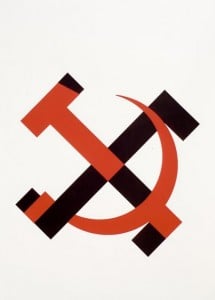Seventy years ago today, the Foreign Minsters of Russia and Germany singed the Molotov-Ribbentrop Pact which neutralised Russia at the start of World War II. According to Radio Free Europe the pact “gave Germany a free hand to attack Western Europe without having to fear a war on two fronts. In return, its secret protocol consigned Finland, Estonia, Latvia, the Romanian territory of Bessarabia, and a little later Lithuania, to the Soviet Union’s sphere of influence. Poland was partitioned between Germany and the USSR.” For these people, as Historian Orlando Figges says, “the pact began the reign of terror, mass deportations, slavery and murder”. Though the Pact was broken with the invasion of the USSR by Germany in 1941, it is notable that except for Poland and Finland, these territories remained part of the USSR until 1989. Until this year the USSR even denied the existence of the shameful secret protocol which divided these independent democratic countries between the 2 powers.
The Pact is still painfully relevant. As Figges says the Pact remains “a constant thorn in Russia’s relations with neighbouring European states”, as Russia has shown repeatedly, and most recently in Georgia & Ukraine, that the Soviet notion of sphere of influence is very much alive in Russia’s foreign policy.
Last April the European Parliament called for “the proclamation of 23 August as a Europe-wide Remembrance Day for the victims of all totalitarian and authoritarian regimes, to be commemorated with dignity and impartiality”. For those European countries who still deal with the effects of totalitarianism on their country and their families, the 23 of August is a day that will remain in their hearts for all the wrong reasons.

Leonhard Lapin: Molotov-Ribbentrop – The uneasy alliance of hammer & sickle and swastika